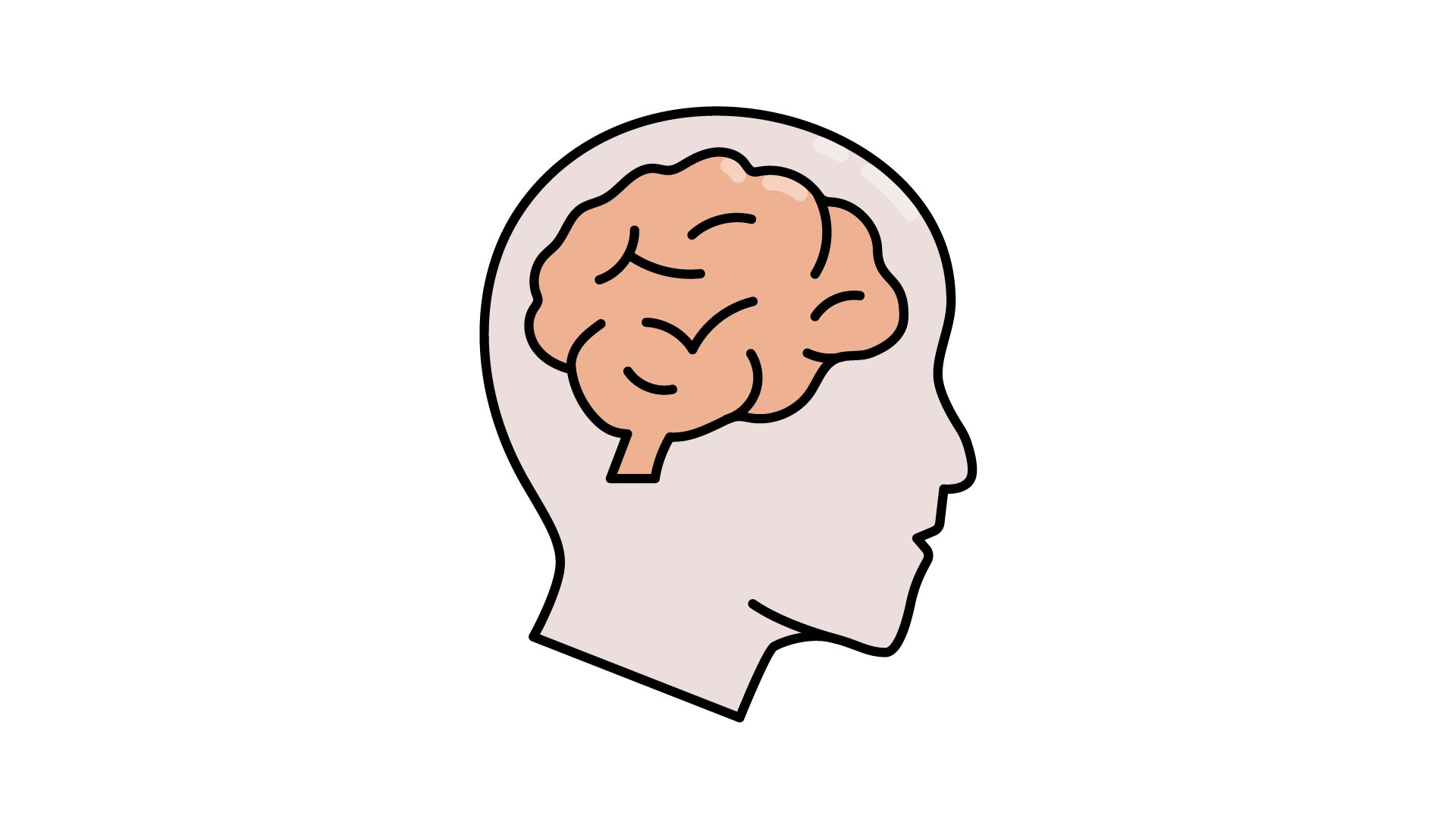Virna Little, PsyD, LCSW & Nancy Moyers, MSW Candidate
January 5, 2022
Research finds that around 6.1 million children have an attention deficit disorder (ADD) or attention-deficit/hyperactivity disorder (ADHD) diagnosis. Those with an ADD/ADHD diagnosis will often experience other comorbid diagnoses, like anxiety disorders, major depression, and substance use. Alarmingly, while many children have received a diagnosis, several remain undiagnosed (Imboden & Fehr, 2018). Those that are undiagnosed will experience a range of problems, such as relational issues, school and job struggles, and low self-esteem (Harpin, Mazzone, Raynaud, Kahle, & Hodgkins, 2016). This is why effectively diagnosing and treating children earlier on in life is increasingly important. It is equally important to use models like Collaborative Care, an evidence-based model to identify and treat patients with behavioral health conditions in primary care.
Primary care providers and practices are often the ones that families turn to for care and treatment, however many do not have the resources or support to effectively care for patients with ADD/ADHD. Implementing a systemic model of care like Collaborative Care can dramatically increase the ability of primary care providers to identify and treat patients with ADD/ADHD as well as improve outcomes.
Many children receive care for their ADD/ADHD through primary care, as most families have a relationship with their child’s primary care provider and there is a shortage of child and adolescent mental health providers (Wissow, Ginneken, Chandna, & Rahman, 2016). Primary care providers will identify symptoms, work with parents and school regarding identifying ADD/ADHD symptoms in the home and classroom, engage in evaluation of the patient with the care team, and make the diagnosis. Collaborative care is an excellent treatment method when treating mental health disorders (Powers, Bowen, & Arao, 2020). There has been some research into the effectiveness of Collaborative Care with the ADD/ADHD population; New York State has added this diagnosis officially to their state Collaborative Care Medicaid program.
Concert has developed partnerships with primary care organizations and developed their registry to include ADD/ADHD consistent with the Collaborative Care model. The ability to put a system in place for the management and treatment of patients with ADD/ADHD will both support providers and improve outcomes for patients. Concert Health has the Vanderbilt Assessment Rating Scale (VARS), full versions, for both parents and teachers in the registry as structured data. Research finds that the VARS is an extremely reliable and valid scale (Epstein & Weiss, 2012). The reduction in the VARS is tracked over time looking for an overall average reduction in symptoms. A strength of the Collaborative Care model is that those patients and families who are not seeing a reduction of scores will receive needed attention to promote symptom reduction.
The outcomes of those with ADD/ADHD left untreated are significant. Untreated ADD/ADHD brings lower academic performance outcomes (Arnold, Hodgkins, Kahle, Madhoo, & Kewley, 2020), poor self-esteem (Harpin, 2016), and increased health risks Barkley, 2002). For those with treated ADD/ADHD, the outcomes are not as bleak. Data confirms fewer rates of anxiety and depressive symptoms, fewer social issues, and better parent-child relationships (Campbell & Allan, 2014). Concert Health is excited to continue to expand supporting providers in implementing Collaborative Care for their ADD/ADHD populations. The ability to put a system in place to care for these populations of patients and to track and monitor outcomes will expansively improve the care and treatment for patients. Concert has seen interest from primary care providers who are eager for support for these children and families, as well as assistance from the psychiatric consultation available through Collaborative Care. Additionally, Concert Health has seen primary care providers that provide psychiatric consultation support, feel comfortable prescribing medications, allowing children and families to receive care in one place, and/or not experience long waits for care in the community. The ability to put a system in place to care for these populations of patients and to track and monitor outcomes will expansively improve the care and treatment for patients.
References
Arnold, L. E., Hodgkins, P., Kahle, J., Madhoo, M., & Kewley, G. (2020). Long-Term Outcomes of ADHD: Academic Achievement and Performance. Journal of Attention Disorders, 24(1), 73–85. https://doi.org/10.1177/1087054714566076
Barkley, R.A. (2002). Major life activity and health outcomes associated with attention-deficit/hyperactivity disorder. Journal of Clinical Psychiatry, 63, 10-15.
Bihlar Muld, B., Jokinen, J., Bölte, S., & Hirvikoski, T. (2015). Long-term outcomes of pharmacologically treated versus non-treated adults with ADHD and substance use disorder: a naturalistic study. Journal of substance abuse treatment, 51, 82–90. https://doi.org/10.1016/j.jsat.2014.11.005
Campbell, L., & Allan, C. (2014). The ADHD Clinic: a collaborative model of care. Missouri medicine, 111(3), 199–201.
Collett, Brent & Ohan, Jeneva & Myers, Kathleen. (2003). Ten-Year Review of Rating Scales. V: Scales Assessing Attention-Deficit/Hyperactivity Disorder. Journal of the American Academy of Child and Adolescent Psychiatry. 42. 1015-37. 10.1097/01.CHI.0000070245.24125.B6.
Danielson, M. L., Bitsko, R. H., Ghandour, R. M., Holbrook, J. R., Kogan, M. D., & Blumberg, S. J. (2018). Prevalence of Parent-Reported ADHD Diagnosis and Associated Treatment Among U.S. Children and Adolescents, 2016. Journal of clinical child and adolescent psychology : the official journal for the Society of Clinical Child and Adolescent Psychology, American Psychological Association, Division 53, 47(2), 199–212. https://doi.org/10.1080/15374416.2017.1417860
Epstein, J. N., & Weiss, M. D. (2012). Assessing treatment outcomes in attention-deficit/hyperactivity disorder: a narrative review. The primary care companion for CNS disorders, 14(6), PCC.11r01336. https://doi.org/10.4088/PCC.11r01336
Fleming M, Fitton CA, Steiner MFC, et al. Educational and Health Outcomes of Children Treated for Attention-Deficit/Hyperactivity Disorder. JAMA Pediatr. 2017;171(7):e170691. doi:10.1001/jamapediatrics.2017.0691
French, B., Sayal, K. & Daley, D. Barriers and facilitators to understanding of ADHD in primary care: a mixed-method systematic review. Eur Child Adolescent Psychiatry 28, 1037–1064 (2019). https://doi.org/10.1007/s00787-018-1256-3
Harpin, V., Mazzone, L., Raynaud, J. P., Kahle, J., & Hodgkins, P. (2016). Long-Term Outcomes of ADHD: A Systematic Review of Self-Esteem and Social Function. Journal of Attention Disorders, 20(4), 295–305. https://doi.org/10.1177/1087054713486516
